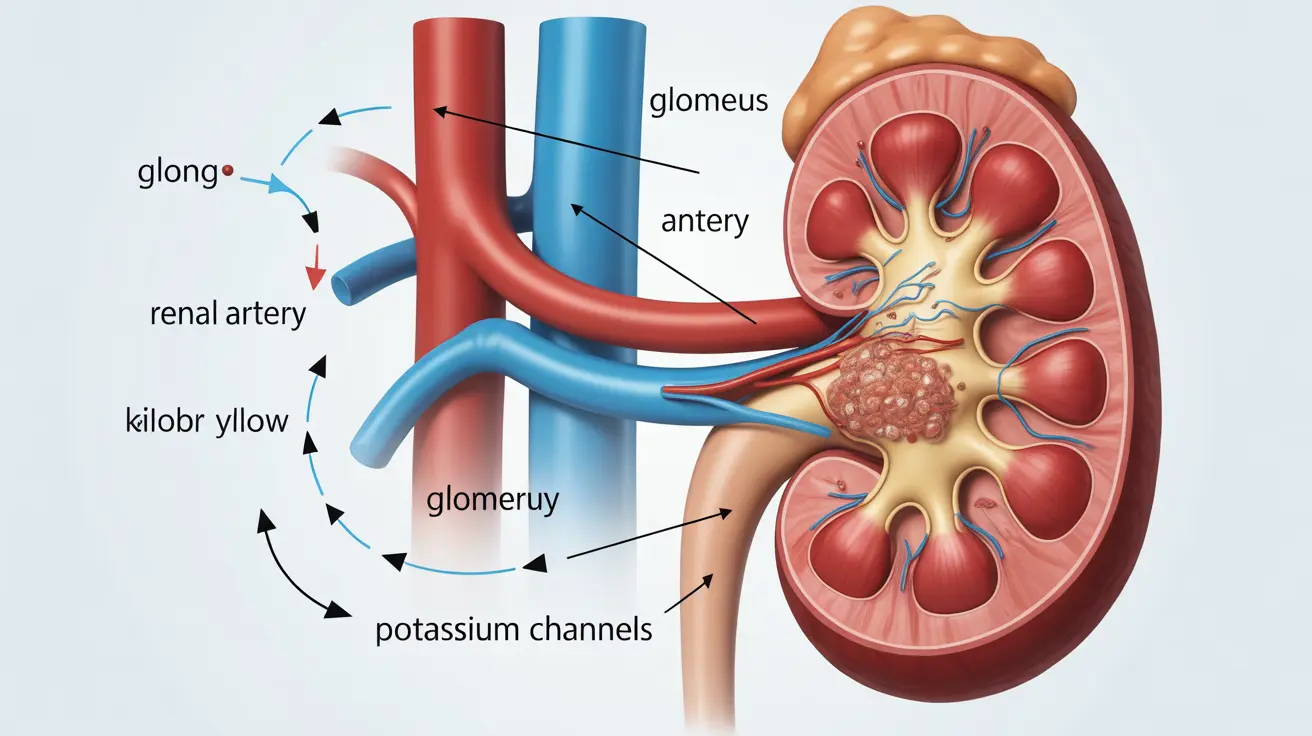Living with diabetes brings various health challenges, and one significant concern is maintaining proper potassium levels. High potassium, also known as hyperkalemia, is a common complication that affects many people with diabetes, particularly those with kidney problems. Understanding this connection is crucial for better disease management and preventing serious complications.
This comprehensive guide explores the relationship between diabetes and high potassium levels, helping you recognize warning signs and implement effective management strategies.
Understanding the Link Between Diabetes and High Potassium
Diabetes can affect how your body handles potassium in several ways. When blood sugar levels remain consistently high, it can damage kidney function over time. Since kidneys play a crucial role in regulating potassium levels, this damage can lead to potassium building up in the bloodstream.
Common Causes of High Potassium in Diabetic Patients
Several factors contribute to elevated potassium levels in people with diabetes:
- Diabetic kidney disease
- Certain medications, including ACE inhibitors and ARBs
- Uncontrolled blood sugar levels
- Dehydration
- Diet high in potassium-rich foods
Recognizing the Warning Signs
Identifying high potassium symptoms early is essential for preventing serious complications. Common symptoms include:
- Muscle weakness
- Irregular heartbeat
- Fatigue
- Tingling sensations
- Nausea or vomiting
When to Seek Emergency Care
Some symptoms require immediate medical attention, including:
- Severe muscle weakness
- Chest pain
- Heart palpitations
- Difficulty breathing
- Paralysis-like symptoms
Managing High Potassium with Diabetes
Medication Management
Working closely with healthcare providers is essential for proper medication management. This may include adjusting diabetes medications, using potassium binders, or modifying other medications that affect potassium levels.
Dietary Modifications
Making strategic dietary changes can help control potassium levels:
- Limiting high-potassium foods
- Following portion control guidelines
- Maintaining proper hydration
- Consulting with a registered dietitian
Regular Monitoring
Consistent monitoring is crucial for maintaining healthy potassium levels:
- Regular blood tests
- Blood sugar monitoring
- Kidney function tests
- Blood pressure checks
Prevention Strategies
Taking proactive steps can help prevent high potassium levels:
- Maintaining good blood sugar control
- Following a balanced diet
- Staying properly hydrated
- Taking medications as prescribed
- Regular medical check-ups
Frequently Asked Questions
What causes high potassium levels in people with diabetes and kidney disease? High potassium levels often occur when diabetes damages the kidneys' ability to filter excess potassium from the blood. This condition is compounded by certain medications and dietary factors that can increase potassium retention.
What symptoms should I watch for if I have diabetes and suspect high potassium? Key symptoms include muscle weakness, irregular heartbeat, fatigue, tingling sensations, and nausea. Severe symptoms like chest pain or difficulty breathing require immediate medical attention.
How is high potassium managed in diabetic patients with impaired kidney function? Management typically involves a combination of medication adjustments, dietary modifications, and regular monitoring of potassium levels. Treatment may include potassium binders and careful management of other medications affecting potassium levels.
Can diabetes medications increase the risk of high potassium, and how is this handled? Yes, some diabetes medications can affect potassium levels. Healthcare providers manage this by carefully selecting appropriate medications, adjusting dosages, and monitoring potassium levels regularly.
What dietary changes can help prevent or reduce high potassium in people with diabetes? Dietary management includes limiting high-potassium foods, following portion control guidelines, maintaining proper hydration, and working with a registered dietitian to create an appropriate meal plan.




